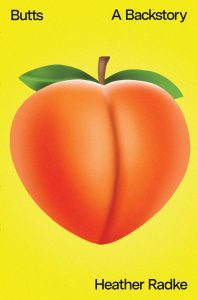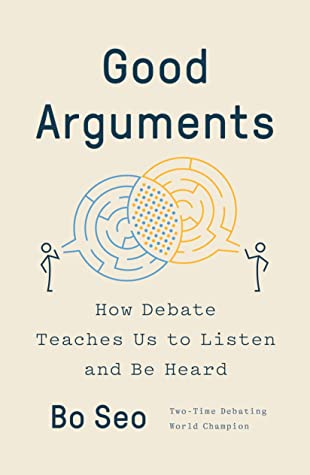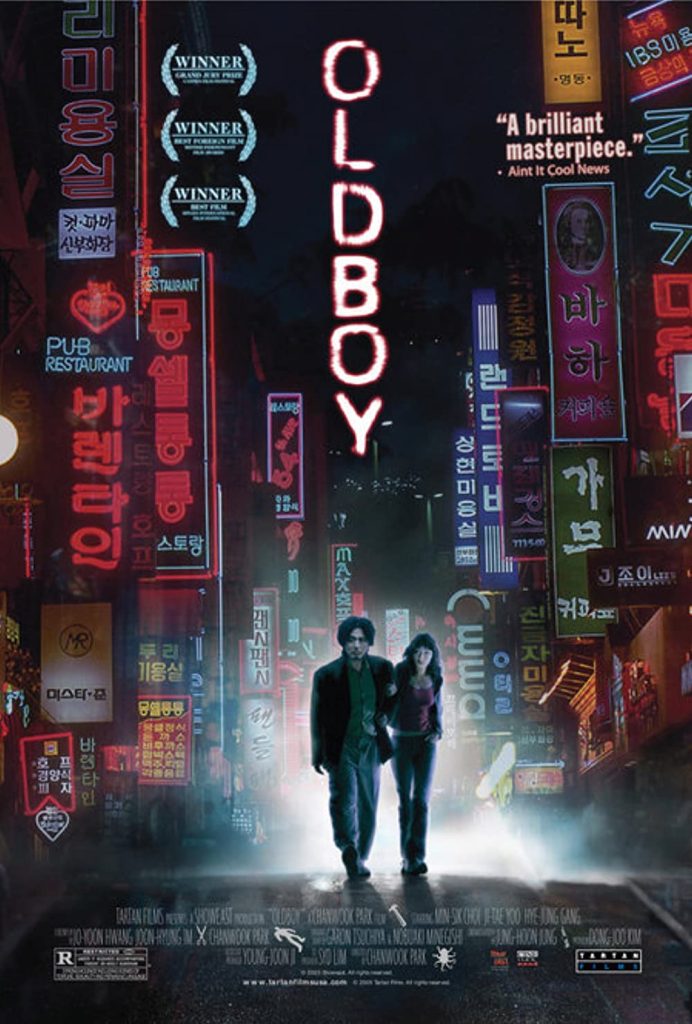Never skip a leg day, yes, but you probably shouldn’t skip a glute day either: the maximus gluteus is the biggest muscle in your body, and training your glutes can help with your posture, preventing back pain, and more!
I know I’m not supposed to judge a book by its cover and all, but just look at it! The moment I saw the cover on a list of recent releases, I knew I’d end up picking this up. It might seem an odd pick, but I’ve found I tend to be interested in microhistories, especially somewhat cheeky ones, as you may already be aware, so obviously I gravitated towards it the moment I saw it. In this age of Instagram and scrunch butt leggings*, not to mention post-2014, which was apparently Year of the Butt(?), it might sound a bit disingenuous to say that I hadn’t really given butts that much thought, but I went in thinking exactly this. As I started reading though, I slowly came to the realization that I had, in fact, absorbed more about butts than I’d realized without much conscious thought: Radke covered the ground I expected to be covered for a book on the female butt – how it’s been viewed throughout the ages in Western culture, the history & symbolism of this part of the body – but I also found myself wishing it were more filled out, in part because a lot of this ground has been covered elsewhere. Granted, I would still recommend this book for the convenience of having it all in one place, for anyone who is interested in learning about our fascination with the maximus gluteus, as the nature of that obsession (as a society, if not as individuals) has changed over the years.
Continue reading

